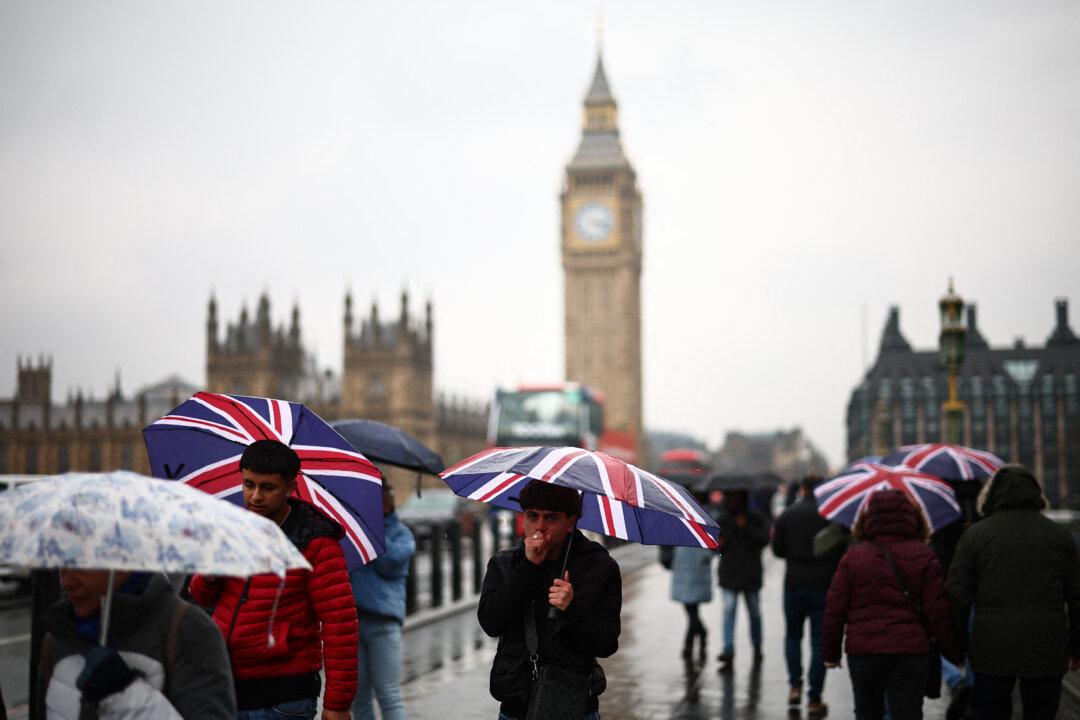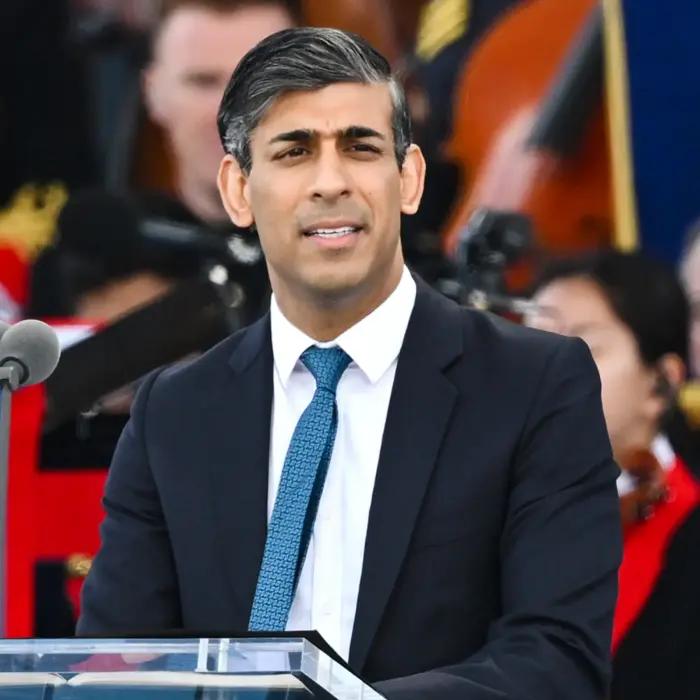Whichever party wins the next election will have to cut public spending to return the state closer to a post-World War II average or raise taxes to maintain current levels of departmental funding, a think tank has said.
The IFS, an independent economic institute, noted that since 2019, both debt interest and spending on social security benefits and the state pension “have grown significantly faster than was expected.”
Before the COVID-19 pandemic, these areas were expected to remain stable or fall, but instead debt interest and spending rose by a combined £74 billion between 2019–20 and 2024–25.
Increases Look ‘Permanent’
“A large part of this increase looks to be permanent,” the report said, adding, “By 2028–29, the state will be larger than before the pandemic, than before the financial crisis, or than the post-Second-World-War average.”Bee Boileau, research economist at IFS and an author of the report, said in a statement: “Whoever takes office after this election will have a choice. They can cut the scope of what the state provides, or accept further worsening of public services which already look under strain. Or they can raise taxes, or borrow more, in order to top up spending and maintain real-terms levels of departmental funding.”
Ms. Boileau said that neither the Conservatives nor Labour “has shown any ambition to cut the scope of the state” or which of these options they would take, and “both have ruled out increases in major taxes.”
Higher Taxes, No Matter Who Wins
The IFS analysis comes after the Resolution Foundation published a report on Saturday which said that election candidates need to “level with the public” and admit that they face higher taxes, no matter which party wins in the July 4 election.According to the foundation, an independent think tank which focuses on improving the living standards of low to middle income families, tax rises have already been agreed which amount to £23 billion a year by 2028–29, equating to around £800 per household. “Both the Conservatives and Labour are implicitly committed to these,” authors said.
The report noted a range scheduled tax rises which will contribute to the new tax bill affecting Britons, including increases in Fuel Duty by 5 pence per litre, expected in the spring of 2025.
Already Government Policy
“The clearest reason to think that taxes are going to go up after the election is that this is already Government policy,” the Resolution Foundation report said.“The scale of the tax changes that have so far been proposed by the biggest parties are dwarfed by the scale of the tax rises that already been announced by this Government and which are due to come into effect in the next parliament. By committing themselves to the current Government’s plans, the Labour Party is also effectively signing up to these if they form the next government,” it added.
Adam Corlett, principal economist at the Resolution Foundation, said in a statement, “Politicians should level with the public, and admit that taxes are already set to rise whoever wins the election, even if it’s less entertaining than the usual election fodder of secret bombshells and debatable dossiers.”
New tax rises are also likely, according to the report, in addition to those that have already been announced, “whatever the results of the election,” with the foundation citing the trend of tax rises historically coming after elections.







